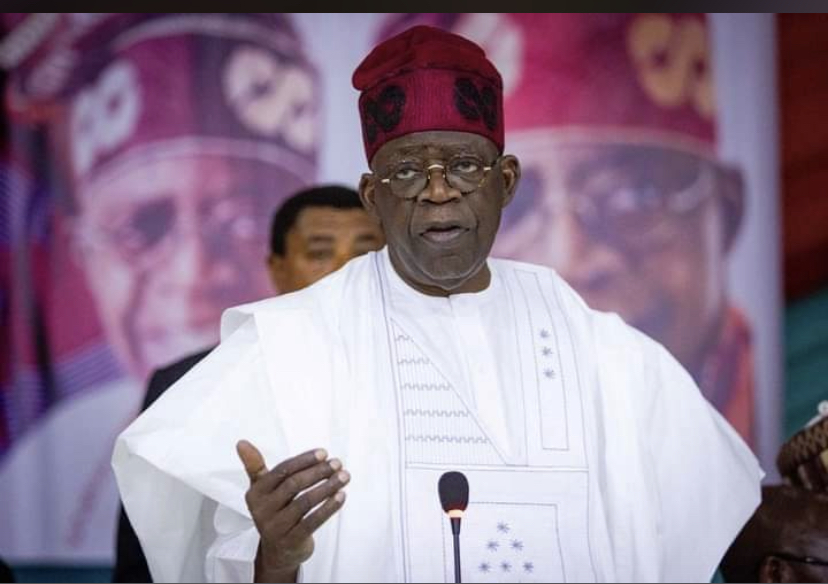President Tinubu To Announce New Minimum Wage Next Week, TUC Reveals
President Bola Tinubu is expected to unveil a new minimum wage for Nigerian workers next week, following a meeting with the Trade Union Congress (TUC) over the removal of fuel subsidies.
This was disclosed by Comrade Festus Osifo, the President of the TUC, during an interview on ChannelsTV’s “Politics Today” program on Tuesday evening.
According to Osifo, the Minister of Labour Simon Lalong had informed him that President Tinubu and the Minister of Finance Wale Edun had reviewed the issue of wage award and were ready to make an announcement soon.
“The minister of labour told us that he had an audience with President Bola Ahmed Tinubu and the minister of finance and had reviewed the issue of wage award. But the president asked them to fine-tune the issues before he makes the announcement,” Osifo said.
The TUC leader also revealed that his union had given the federal government a two-week ultimatum to address their demands or face a nationwide strike.
He said that despite Lalong’s plea for more time due to the president’s travel engagements, the TUC insisted on a quick resolution.
“The minister told us all these issues would be streamlined, but because the president has traveled, we should give him an extra two weeks. We said no; we don’t have an extra two weeks to give. After more discussions, he said the president would make a proper announcement next week,” Osifo added.
Apart from the minimum wage, the TUC also discussed with the federal government on the distribution of palliatives to states, taxation, and Compressed Natural Gas (CNG).
Osifo said that the TUC was committed to monitoring the fair and effective allocation of palliatives, and wanted to see the implementation template. He also said that the TUC raised concerns about taxation and CNG during the meeting.
The removal of fuel subsidies has sparked public outcry and protests across the country, as many Nigerians fear that it will lead to higher prices of goods and services.
The federal government has defended its decision, saying that it will save billions of naira that can be used for other developmental projects.



